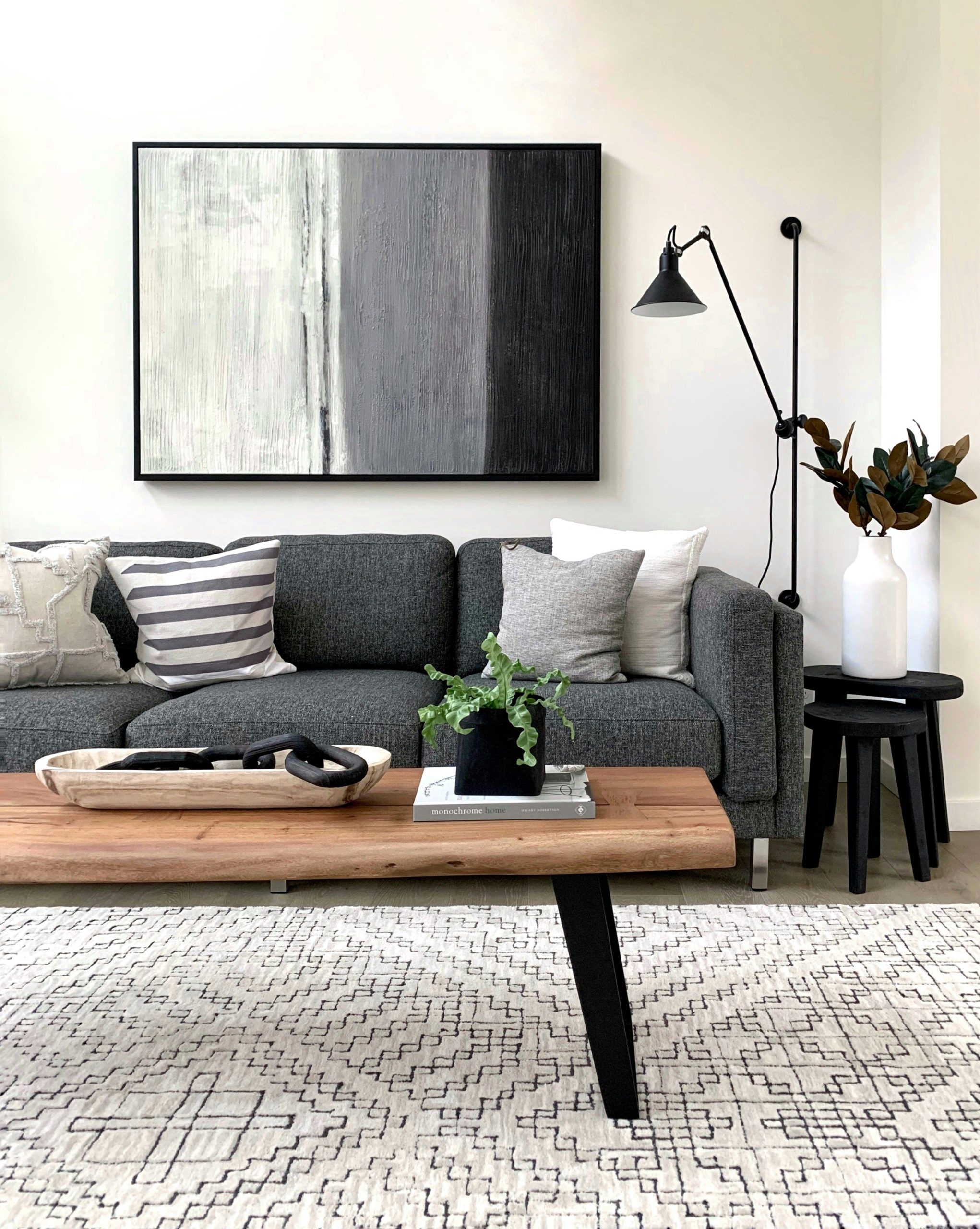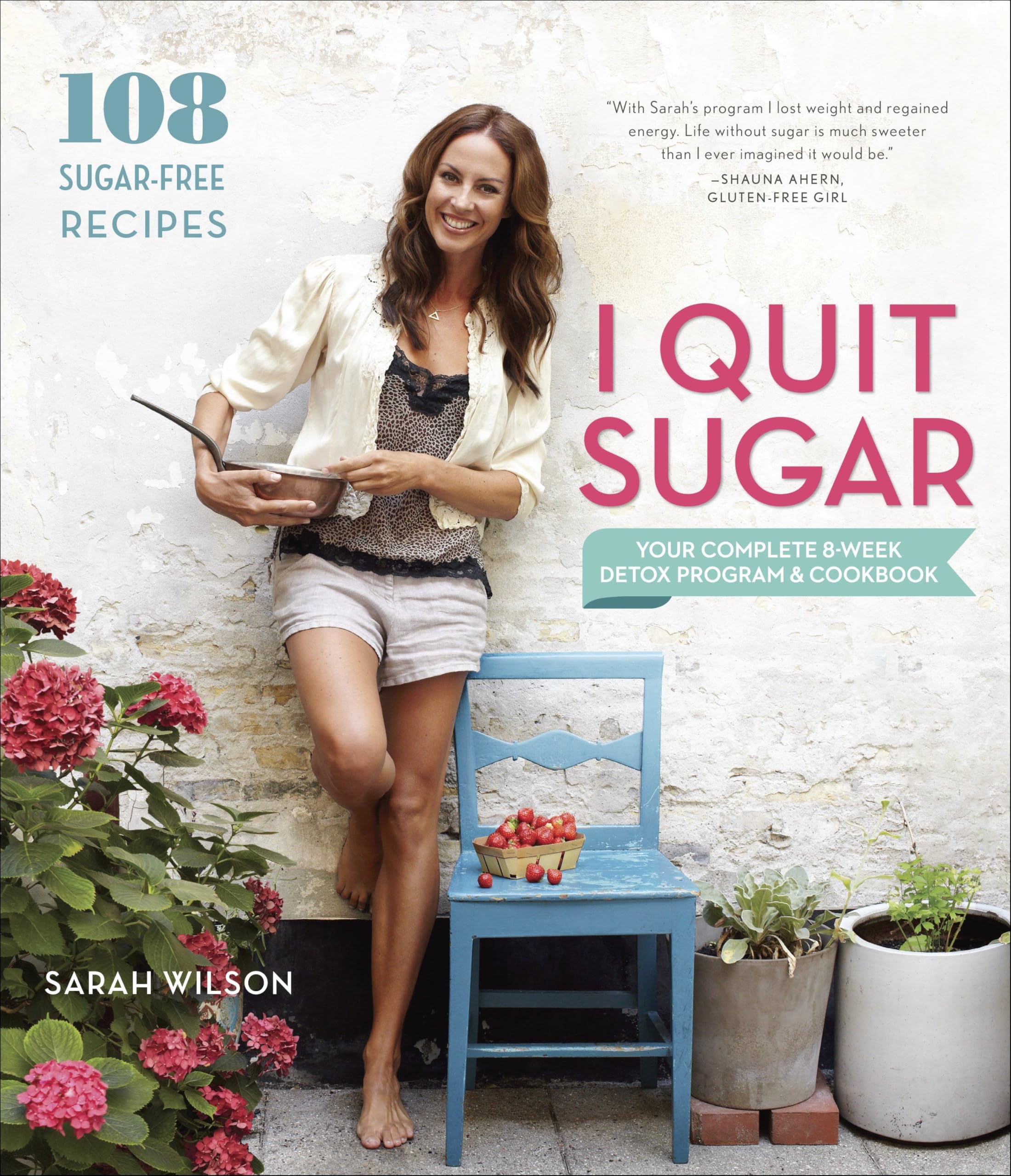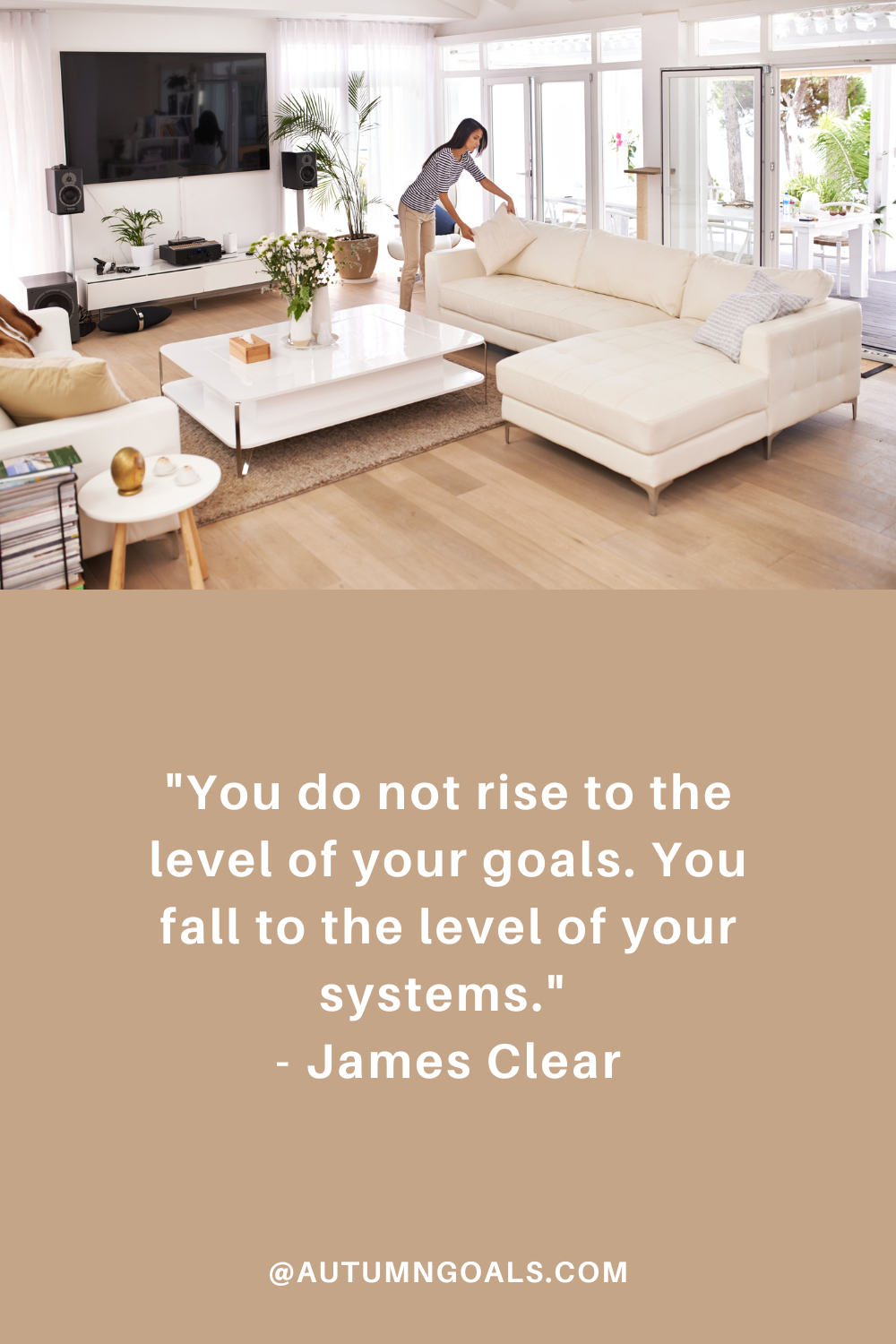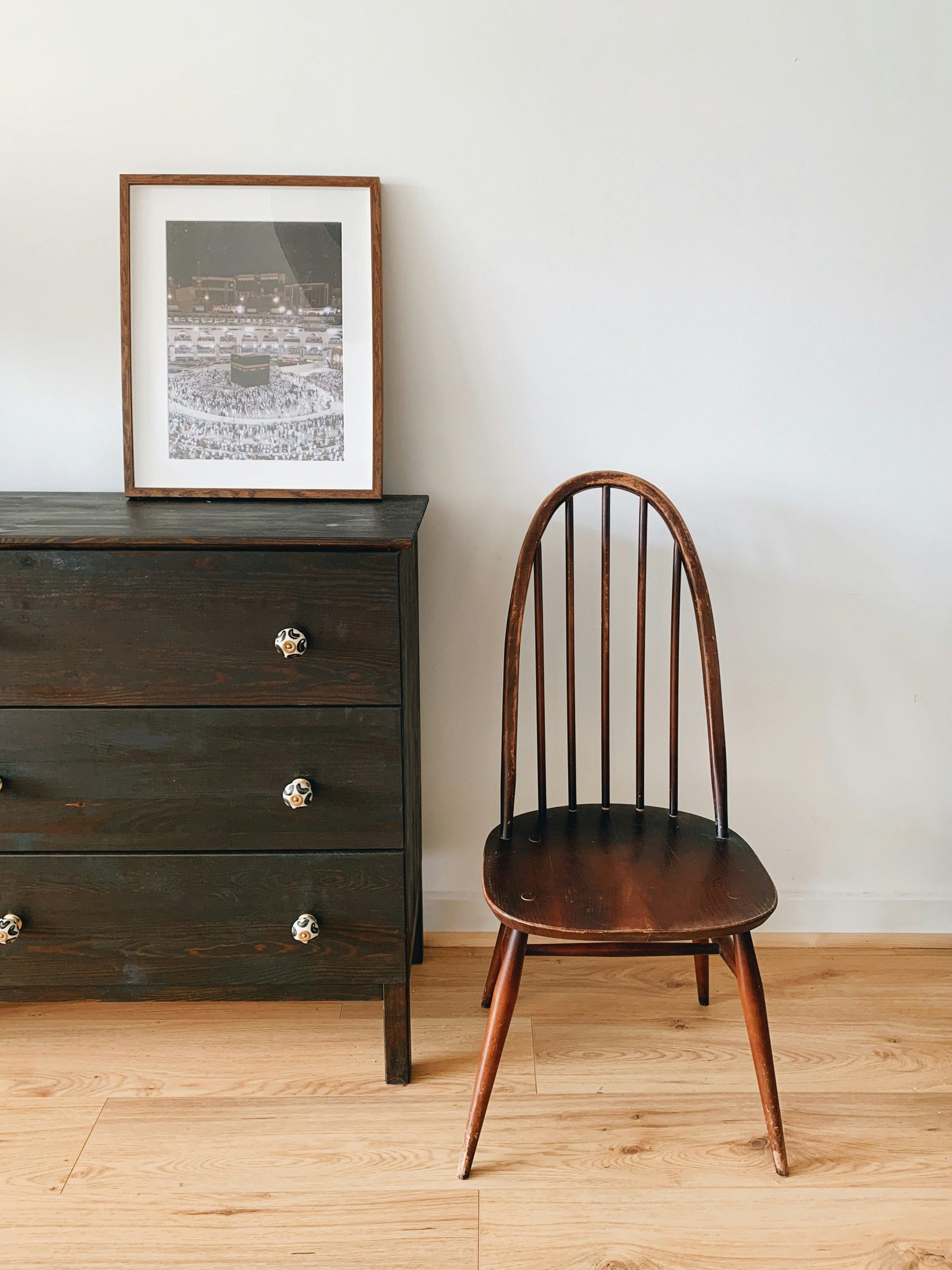How Minimalism Can Improve Your Mental and Emotional Health Through Personal Space Organization

Embracing Clarity through Minimalism
In a fast-paced society teeming with possessions, social obligations, and constant digital engagement, many individuals find themselves yearning for peace. This search often leads to the exploration of minimalism—a lifestyle choice rooted in reducing physical and mental clutter. At the heart of minimalism lies a profound understanding that **personal space organization** can significantly bolster one’s mental and emotional wellness. By deliberately simplifying your environment and focusing on what truly matters, you can cultivate a serene sanctuary that invites clarity and calm into your life.
The benefits of minimalism extend far beyond aesthetic appeal. Here are some crucial aspects to consider:
- Reduces stress and anxiety – Studies have shown that a chaotic space can lead to increased levels of cortisol, the stress hormone. By maintaining a tidy environment, you create a calming backdrop that encourages relaxation. For example, consider a bedroom devoid of clutter—a place where one can retreat and recharge instead of feeling overwhelmed by unmade beds and piles of clothes.
- Enhances focus – Research indicates that a clutter-free environment enables better concentration and decision-making. When distractions are minimized, tasks at hand become more manageable. This is particularly vital for Americans who juggle work and family life; creating a clean home office can lead to increased productivity and creativity.
- Fosters emotional well-being – A thoughtfully organized space can elevate moods and inspire positivity. Personal items that hold emotional significance can be appreciated more fully when they are displayed amidst a clean backdrop rather than lost in a jumble of clutter.
Across the United States, individuals are increasingly adopting **minimalist principles**, discovering transformative effects in their everyday lives. For instance, many Americans are engaging in the practice of decluttering, inspired by strategies popularized by figures such as Marie Kondo. By letting go of items that no longer serve a purpose or spark joy, individuals are reclaiming their living spaces and, by extension, their mental clarity. This minimalist wave is reshaping not just homes but also mindsets, encouraging people to prioritize relationships and experiences over possessions.
As you contemplate your journey into minimalism, consider the emotional impact each item holds in your life. This process of introspection not only facilitates a clearer organization of your physical space but also nurtures and elevates your mental landscape. The subsequent sections will delve into practical strategies, offering insights that can empower you to create a meaningful, organized lifestyle founded on the principles of minimalism. Together, let’s explore how a conscious approach to personal space can revolutionize your daily existence.
DISCOVER MORE: Click here to learn about the impact of minimalism on interior design</a
Creating Space for Peace of Mind
As the clutter accumulates, so too can feelings of chaos and disarray within our minds. The act of organizing personal space isn’t merely about decluttering; it’s about embarking on a journey toward mental simplicity and emotional stability. When you start to embrace minimalism, you’re not just tidying up your home; you’re instilling a sense of calm that permeates every aspect of your life. Understanding how minimalism can enhance your mental and emotional health through personal space organization is fundamental in achieving this sense of serenity.
To appreciate the transformative power of minimalism, consider the following key factors:
- Emotional Connection to Clutter – Often, we hold onto items that no longer resonate with our lives, creating a false sense of attachment that weighs heavily on our emotions. Acknowledging these items and either letting them go or redistributing them into a more thoughtful arrangement can facilitate healing and moving forward.
- Clarity Through Design – Spaces that are visually appealing and uncluttered promote clarity of thought. Research suggests that individuals who engage in organized living spaces experience higher levels of creativity and are more open to new ideas. This clarity allows for a more profound emotional connection to the present moment, leading to overall well-being.
- Encouraging Mindfulness – Minimalism encourages a mindfulness practice that nurtures self-awareness. Living in a clutter-free environment allows one to be fully present, letting go of distractions that typically pull focus away from mental health. When the personal space is intentional, it fosters a nurturing environment for self-reflection and emotional growth.
In the United States, many people are beginning to appreciate these benefits through personal anecdotes and newfound practices surrounding simplicity. A surge in the popularity of minimalism has prompted discussions across digital platforms and social media, leading to community support systems surrounding decluttering initiatives. As individuals share their journeys, many gain inspiration to curate their environments with intention, resulting in transformational insights into the interconnectedness of their emotional health and physical space.
To effectively implement minimalism in your life, it’s essential to start with a commitment to understand the emotional weight of items. Taking the time to evaluate which possessions bring genuine joy or contribute positively to your mental space is instrumental in the decluttering process. By refining your personal space, you not only foster a physical environment conducive to peace but also create room for emotional health to flourish. With each item thoughtfully organized, you empower yourself to reclaim not just your surroundings but your mental clarity.
As we progress through this discussion on minimalism, expect to uncover a range of practical strategies aimed at facilitating this transformational journey. The next sections will illuminate how to cultivate your organized personal space, so it becomes a thriving sanctuary for mental and emotional well-being.
| Advantages | Impact on Well-being |
|---|---|
| Reduces Stress | An organized space lowers anxiety levels, creating a calm environment conducive to relaxation. |
| Enhances Focus | Fewer distractions in your surroundings allow for increased productivity and clearer thinking. |
| Promotes Clarity | Minimalist spaces can lead to improved mental clarity and decision-making abilities. |
| Cultivates Mindfulness | Organized spaces encourage you to engage with your environment more consciously. |
In exploring how minimalism can reshape your mental and emotional health, we find that adopting a simpler lifestyle through personal space organization can lead to profound benefits. Embracing a minimalist approach means consciously selecting what you allow into your life, promoting an environment that is both calming and enlightening. By reducing clutter, you not only declutter your physical surroundings but also free up cognitive resources, enabling better focus and a heightened sense of clarity in your daily activities.Moreover, a well-organized space becomes a sanctuary where stress levels decline significantly. When your living or working area is tidy and minimalist, it fosters a sense of control and stability. This transformation can truly revolutionize your approach to everyday challenges. Understanding and implementing these principles can pave the way for a healthier, more mindful existence, encouraging individuals to explore the depths of their emotional well-being.
DISCOVER MORE: Click here to learn how simplicity can boost your productivity
Transforming Personal Spaces into Healing Environments
As minimalism continues to gain momentum in modern culture, it’s clear that it resonates with individuals longing for psychological relief from the chaos of a material-driven society. A well-organized personal space not only enhances peace but also serves as a catalyst for emotional healing. By focusing on mindful organization, individuals can cultivate environments that reinforce positive mental health.
Decluttering as a Therapeutic Practice – The process of decluttering is often equated with therapeutic practices such as talk therapy. Studies highlight that organizing an environment can aid in managing stress and anxiety. When you engage in decluttering, you’re actively participating in a form of emotional release. As you sort through belongings, every decision to keep or discard prompts reflection on what truly matters. This action can provide a sense of control and accomplishment, further decreasing feelings of overwhelm often associated with anxiety disorders.
Boosting Productivity and Focus – A clean and organized space has been shown to significantly impact productivity levels. For instance, a survey conducted by the National Association of Professional Organizers (NAPO) found that a whopping 84% of people report feeling more efficient and focused when their workspace is organized. Beyond the workplace, this principle extends to personal areas—maintaining clean environments helps maximize focus for activities such as meditation, painting, or even reading, allowing for deeper engagement and satisfaction, which are crucial for emotional health.
- The Role of Natural Elements – Incorporating elements such as houseplants or natural light can amplify the benefits of minimalism. Research indicates that exposure to nature positively affects mental health, promoting feelings of tranquility and happiness. Integrating minimalism with nature can create a nurturing space that supports emotional wellness.
- Creating Zones for Relaxation – Minimalism allows room for intentional zones within personal spaces dedicated to relaxation and self-care. By designating specific areas free from clutter, such as a reading nook or meditation corner, individuals provide themselves an invitation to disengage from the stresses of daily life, paving the way for emotional rejuvenation.
Community and Support Systems – The rise of minimalism has also fostered community networks aimed at supporting individuals on their journey toward personal space organization. Online platforms like Facebook groups and Instagram hashtags have become vital in sharing stories and offering tips about decluttering. Many users find comfort in the collective experiences of those who have sought similar paths, underscoring the notion that minimalism transcends the mere act of organizing—it acts as a stepping stone toward emotional connection with oneself and others.
With each step taken toward creating a minimalist space, one not only cultivates calm but also opens up possibilities for emotional growth. By employing the strategies discussed, individuals can employ decluttering as a meaningful practice, empowering themselves to gain mastery over both their physical environments and their mental landscapes. As you contemplate the value of a simplified space, consider how these principles can be incorporated into your daily life, ultimately leading to a more fulfilling existence.
DIVE DEEPER: Click here to discover the impact of minimalism on interior design</a
Embracing the Minimalist Mindset for Lasting Change
As we navigate the complexities of modern life, embracing minimalism can be a powerful tool for enhancing our mental and emotional health. By recognizing that our personal spaces significantly influence our inner states, we can harness the art of organization to foster tranquility and resilience. The act of decluttering serves not only as a physical release but also as an emotional catharsis, paving the way for clarity amidst the noise of everyday demands.
Transformative Practices for a Balanced Life – Employing strategies that prioritize mindfulness in organization allows individuals to define personal spaces that echo their values and aspirations. The recognition that environments impact productivity and overall well-being highlights the necessity of intentional living. It invites individuals to nurture areas dedicated to relaxation and creativity, enhancing their abilities to engage fully in both work and play.
A Community of Support – The rise of minimalist communities reinforces the notion that this journey is inclusive and collaborative; sharing experiences encourages others to embark on similar paths of transformation. Utilizing social platforms can amplify this sense of connection while also providing practical advice and inspiration.
Ultimately, minimalism is not merely about simplicity; it’s about creating a sanctuary that fosters emotional growth and resilience. As you ponder how to reshape your personal space, consider how a minimalist approach can ignite profound changes in your mental health and overall well-being. Take the first step today, and discover not just the clarity of space, but the liberation of a decluttered mind.


